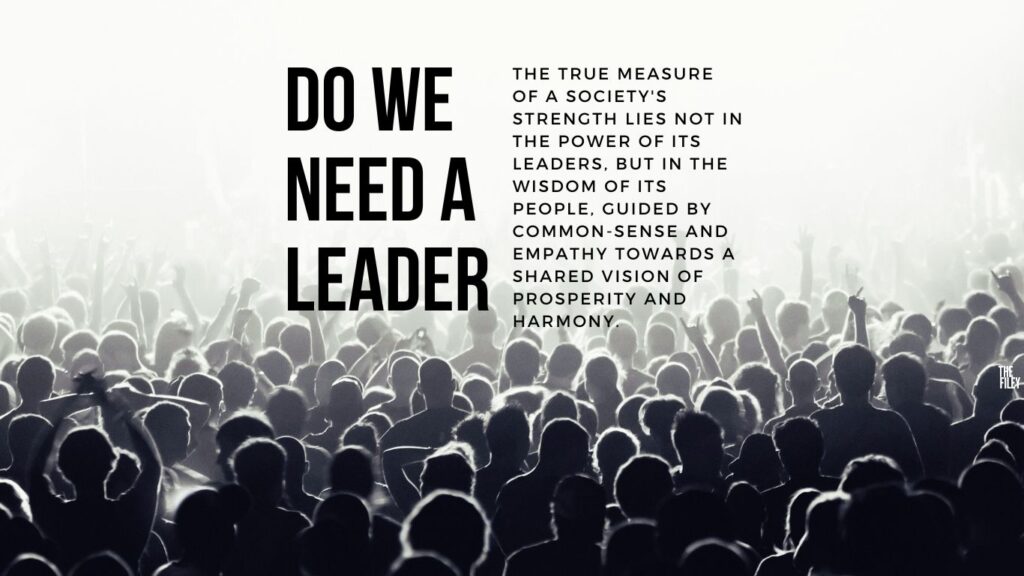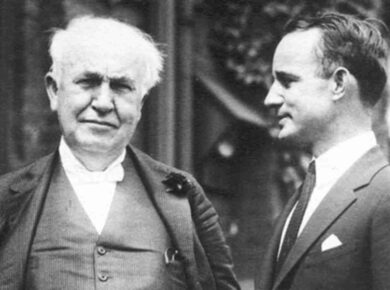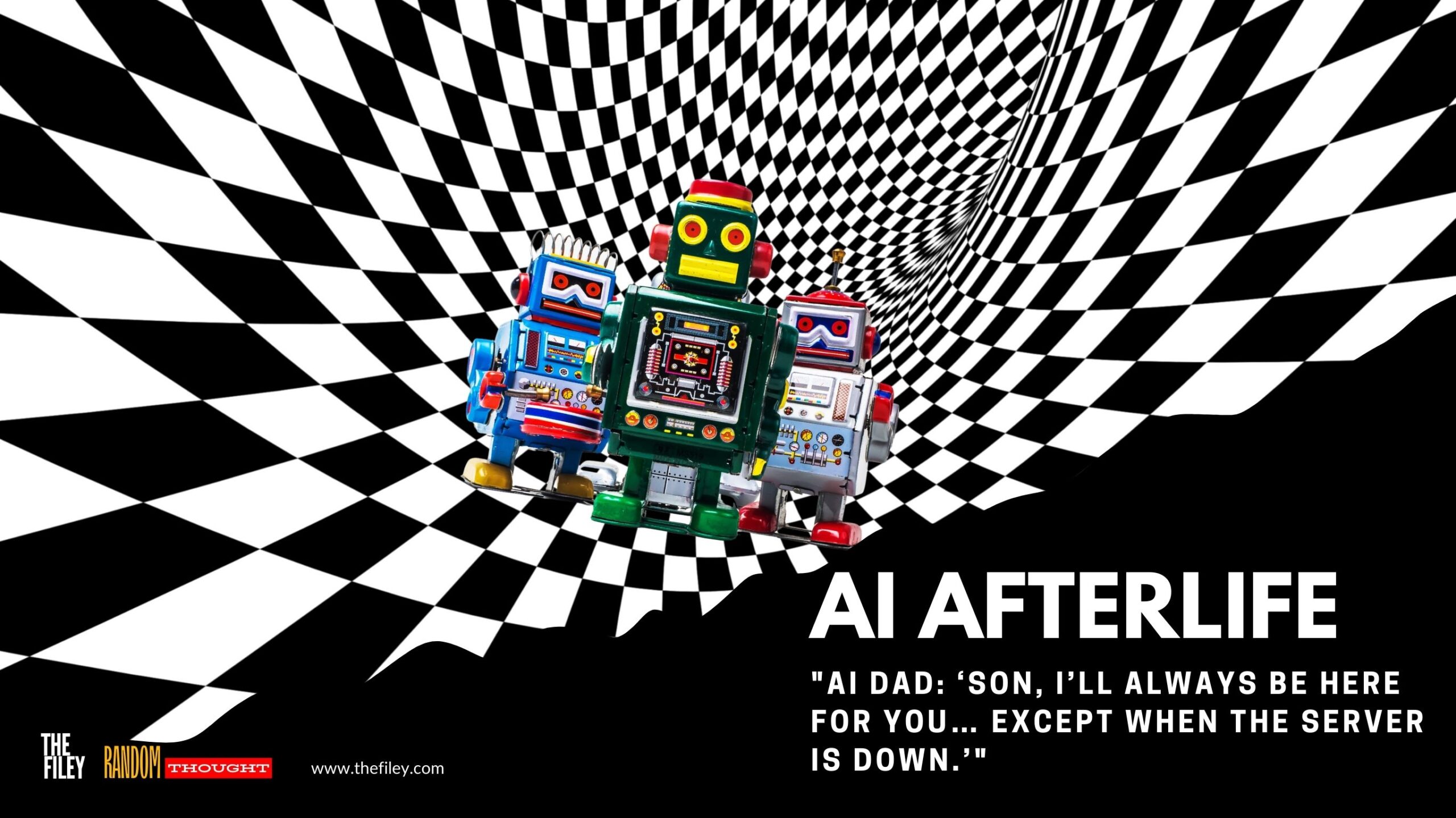
In today’s world, where political leaders wield immense power and authority, questioning the necessity of leadership and centralized governance may seem radical. However, amidst growing disillusionment with traditional political systems and institutions, an alternative vision is emerging—one that advocates for self-governance and decentralized decision-making. This vision challenges the notion that societies require hierarchical structures and leaders to function effectively, proposing instead that individuals and communities are capable of organising and governing themselves through collective action, mutual cooperation, and shared values.
Rethinking Leadership and Governance:
At the heart of the debate lies a fundamental question: Do we truly need leaders to govern us, or can we rely on our own conscience, wisdom, and sense of responsibility to guide our actions and interactions? Proponents of self-governance argue that leadership, as traditionally understood, often leads to the concentration of power in the hands of a few, creating opportunities for abuse, corruption, and exploitation. Instead, they advocate for a more egalitarian and participatory approach to decision-making, where everyone has a voice and a stake in shaping their collective destiny.
One of the core principles of self-governance is the belief in the power of collective action and cooperation. In leaderless societies, decisions are made through consensus-building processes, where individuals come together to discuss issues, share ideas, and work towards common goals. This model not only fosters a sense of ownership and empowerment among participants but also promotes inclusivity, diversity, and resilience in the face of challenges.
While the concept of leaderless societies may seem utopian, history and contemporary examples offer glimpses of its feasibility and effectiveness. Indigenous communities, for example, have long practiced forms of self-governance based on consensus, mutual aid, and respect for the land and its resources. Similarly, grassroots movements and decentralized organizations around the world are demonstrating the potential of collective action and bottom-up decision-making to effect meaningful change in society.
Of course, the transition to a leaderless society is not without its challenges and criticisms. Skeptics argue that without centralized leadership and authority, societies may struggle to coordinate complex activities, resolve conflicts, or address collective issues effectively. Moreover, questions remain about how to ensure accountability, prevent the emergence of hierarchies, and protect the rights of minorities in the absence of formal governance structures.
Despite these challenges, the vision of a leaderless society offers a compelling alternative to traditional models of governance. It challenges us to rethink the nature of power, authority, and community, and to explore new ways of organizing and relating to one another. By embracing principles of self-governance, we can cultivate a culture of autonomy, solidarity, and responsibility, where each individual is empowered to contribute to the well-being of the whole.
In conclusion, the idea of living without leaders may seem radical, but it speaks to a deep-seated desire for freedom, equality, and justice in society. By embracing self-governance, we can unlock the potential of collective wisdom, creativity, and resilience, paving the way for a more just, equitable, and sustainable world for all.













